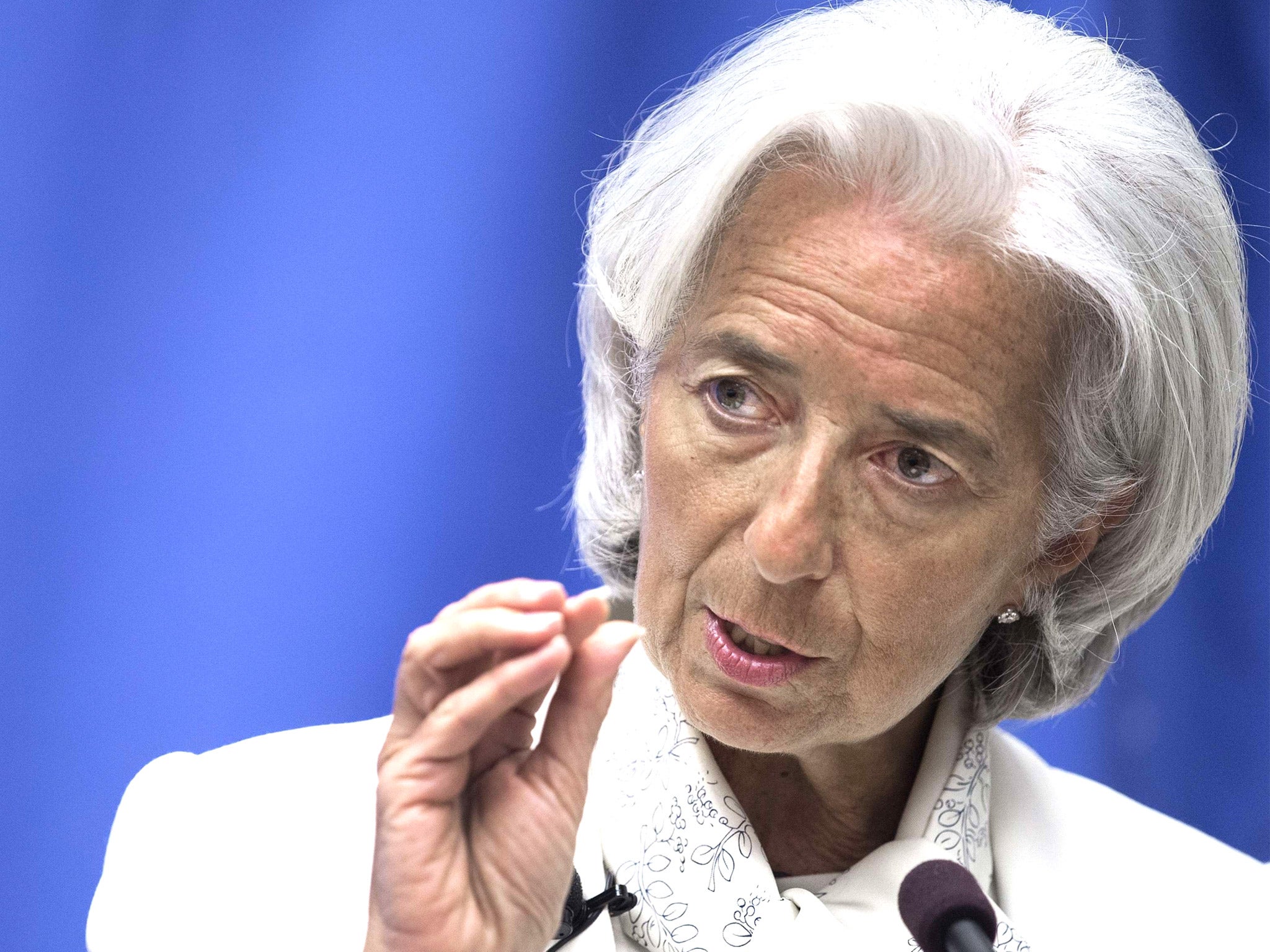G20 vows to crackdown on global tax loopholes
Finance ministers from world's biggest nations pledge to close tax loopholes

Your support helps us to tell the story
From reproductive rights to climate change to Big Tech, The Independent is on the ground when the story is developing. Whether it's investigating the financials of Elon Musk's pro-Trump PAC or producing our latest documentary, 'The A Word', which shines a light on the American women fighting for reproductive rights, we know how important it is to parse out the facts from the messaging.
At such a critical moment in US history, we need reporters on the ground. Your donation allows us to keep sending journalists to speak to both sides of the story.
The Independent is trusted by Americans across the entire political spectrum. And unlike many other quality news outlets, we choose not to lock Americans out of our reporting and analysis with paywalls. We believe quality journalism should be available to everyone, paid for by those who can afford it.
Your support makes all the difference.The likes of Google, Apple and Amazon were today facing a new tax crackdown as finance ministers from among the world’s biggest nations, who are gathering in Sydney, stepped up plans to close loopholes.
US Treasury Secretary Jack Lew threw his weight behind a push to make global taxation reform a goal for the G20 nations and tighten the loopholes used by major multinationals to avoid tax.
The weekend meeting of finance ministers and central bank governors was also set to endorse a separate scheme for the automatic exchange of information between international tax authorities in a bid to crack down on offshore tax evasion.
International Monetary Fund managing director Christine Lagarde, pictured, said gaining revenue from new global digitised businesses such as Google and Apple is a “big ongoing problem” and called for a radical rethink of international tax arrangements.
Largarde stressed that governments needed to be more fleet-footed to keep up. “They have to invent new concepts just as quickly and as well as those companies are inventing their optimisation schemes,” she said.
Host Australia — heavily reliant on corporate tax receipts — is pushing hard for reform, as many Western economies labour under deficits and multinationals use “contrived” structures to avoid taxes.
Google was recently labelled “evil” by House of Commons Public Accounts Committee chairman Margaret Hodge for paying so little corporation tax in Britain, its biggest market after America.
The internet behemoth paid $771 million (£463 million) in non-US corporation tax on foreign profits of $8.67 billion last year — double the amount it paid in 2012, but still much lower than typical UK companies.
In 2012 Amazon paid no UK corporation tax on estimated sales of £3.2 billion in Britain, as it has a base in Luxembourg to process sales, while Apple reportedly processes much of its £6 billion-plus annual UK revenue via low-tax Ireland.
Lew backed the need for tax harmonisation, saying on Friday that all nations should adopt the automatic exchange of information as a global standard. “The G20’s work on tax co-operation is among our most important new initiatives,” he said.
The G20 has also backed a plan drafted by the Organisation for Economic Co-operation and Development allowing countries to ignore inter-company contracts aimed at channelling profits into tax havens.
“This is not against multinationals,” OECD director-general Angel Gurria said. “Multinationals have to have legal assurance that they’re not going to be double-taxed, but they have to contribute; their fair share has to be put on the table.”
Join our commenting forum
Join thought-provoking conversations, follow other Independent readers and see their replies
Comments